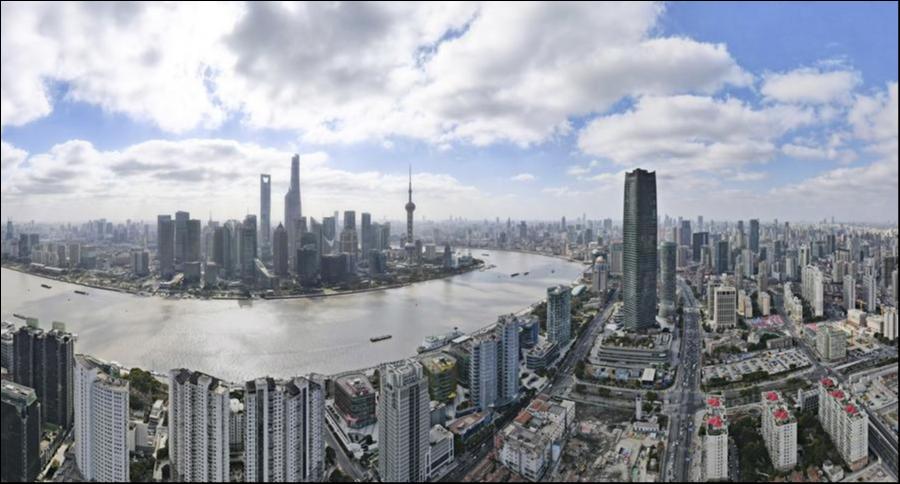China Reinforces Reform of Nasdaq-Style STAR Market to Boost Sci-Tech Innovation
TMTPost -- China rolls out new policies to reinforce the reform of its Nasdaq-style Science and Technology Innovation Board (STAR) market, stepping up boost of the sci-tech innovation.
Credit:Xinhua News Agency
The China Securities Regulatory Commission (CSRC) announced new measures to further reform its STAR market to better serve sci-tech innovation and promote the development of new quality productive forces. The measures will focus on improving the board's institutional mechanisms for issuance and underwriting, mergers and acquisitions, equity incentives, and trading.One of the major measures is to further support the listing of enterprises making breakthroughs in new industries, new business patterns and new technologies, and improving the pricing mechanisms for initial public offerings (IPOs) .
Efforts will be made to improve the financing of listed companies on the STAR board, optimize the trading mechanisms, strengthen monitoring, forestal market risks, as well as encourage merger, acquisition and restructuring, the CSRC said. The regulator said it will also ramp up support for mergers and acquisitions (M&As). Authorities will support M&As of companies listed on the STAR market to enhance industrial synergy, appropriately increase the valuation inclusiveness of these listed firms’ M&As, and support their acquisitions of high-quality unprofitable "hard tech" companies to focus on their enhancing sustainable operations.
The STAR market, launched in 2019, has been developed into the preferred listing destination for "hard-tech" companies, as its magnet effect continues to grow, according to the state news media Xinhua News Agency. As of May 31, a total of 572 companies have been listed on the STAR market, with a combined market capitalization of RMB5.17 trillion (about US$726.5 billion), and have raised RMB909.1 billion through their IPOs in total, the agency said.
CSRC will crack down hard on market misbehaviors and strengthen regulation of high-frequency trading and over-the-counter derivatives, Wu Qing, chairman of the commission, said during his keynote speech at the annual Lujiazui forum held in Shanghai on Wednesday. Wu vowed to "go all out to promote high-quality development" of China's capital market.
Wu said the commission will work with relevant parties to create favorable conditions to attract more medium-and long-term funds into the capital market. Efforts will be made to optimize support policies throughout the entire investment and financing cycle, Wu added. The official noted that the CSRC's commitment to protecting investors means that it will thoroughly investigate and punish any illegal activities in delisting cases, ensuring that those responsible will be held accountable and dealt with according to the law.
The new reform of the STAR Market plays a role of pioneer and guidance function for China's capital market, and underscores the crucial role of the board in guiding capital flows into strategic and emerging industries for the development of new quality productive forces, Wan Zhe, an economist and professor at the Belt and Road School of Beijing Normal University, told the state-backed newspaper Global Times on Wednesday.
Capital market reforms should continue to deepen in driving the development of new quality productive forces, Wan said, considering the goal of building China into a financial powerhouse requires the development of a strong financial sector and a financial sector that can contribute to Chinese modernization.
免责声明:上述内容仅代表发帖人个人观点,不构成本平台的任何投资建议。




